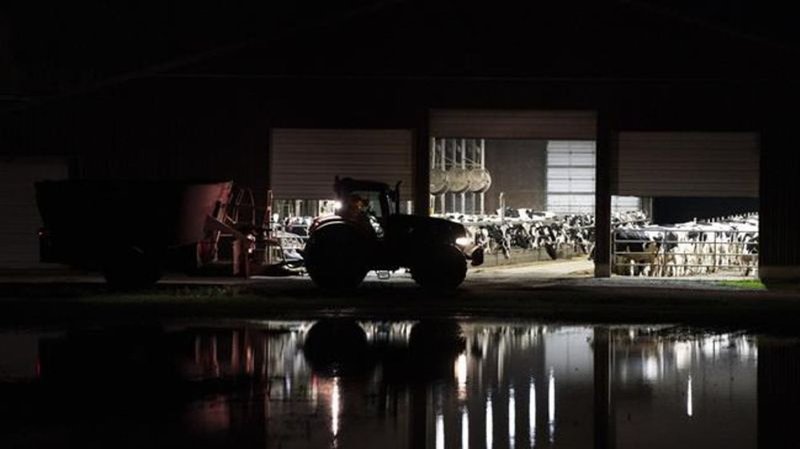
Industry warns of problems facing B.C. dairy industry after heat wave, flooding
ABBOTSFORD, B.C. — As farmers clean up after a series of storms hit southern British Columbia, an industry official and operator say some will be forced to leave the industry as costs pile up.
A series of “atmospheric rivers” in mid-November forced thousands from their homes and left at least four people dead.
Gary Baars, who owns a dairy farm in the Sumas area of Abbotsford, B.C., said he decided to get his cows off his property early after a cousin called about his own flooding experience.
At the time, his property was dry and Baars said people driving by laughed at his pre-emptive measure.
